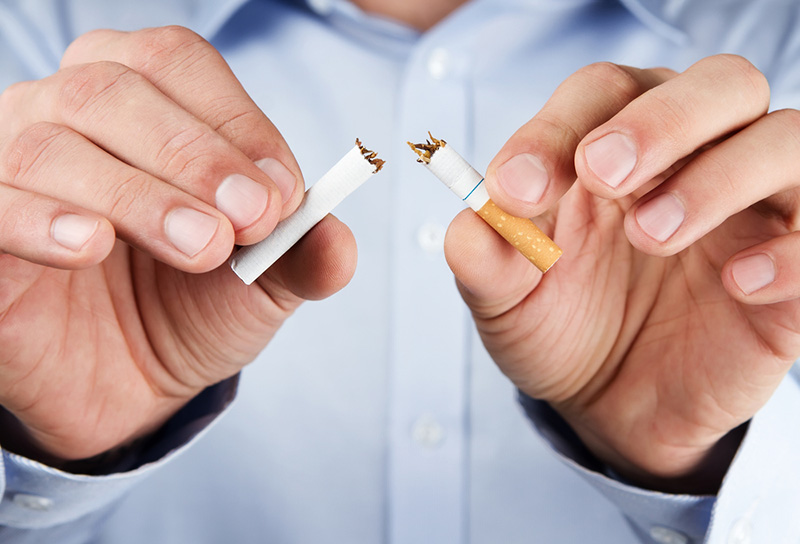
Most people are aware of the cancer risks associated with smoking, but quitting is often challenging, and many become discouraged after unsuccessful attempts. As an oncologist, I cannot emphasize enough the importance of stopping smoking—not only for cancer prevention but also for making cancer treatment more effective and reducing complications during chemotherapy.
The American Cancer Society provides a helpful “timeline of recovery” that highlights the immediate health benefits of quitting smoking:
- Within just 20 minutes of your last cigarette, your heart rate and blood pressure drop, giving your cardiovascular system a vital boost.
- In a few days, the harmful carbon monoxide levels in your blood normalize, improving oxygen levels and energy.
- Over 1 to 12 months, you’ll notice reduced coughing and shortness of breath as lung function improves.
- In 2 weeks to 3 months, circulation improves, and breathing becomes easier.
- Within 1 to 2 years, your risk of heart attack decreases dramatically.
- By 5 to 10 years, your risk of mouth, throat, and voice box cancers is cut in half.
- At 10 years, your lung cancer risk is reduced by about 50 percent.
- After 15 years, your risk of coronary heart disease aligns closely with that of a nonsmoker.
Quitting smoking during chemotherapy can significantly enhance treatment effectiveness and decrease complications, leading to better recovery times and improved quality of life. Every step matters, and your body begins to heal the moment you stop smoking. As your healthcare provider, I’m here to support you on this vital path to a healthier future.
Learn more about cancer care at Valley.
Find out how you can support Valley’s new Cancer Center.
Get tips for quitting tobacco from the American Cancer Society.
By Michelle Zhang, MD, Oncology & Hematology Clinic

